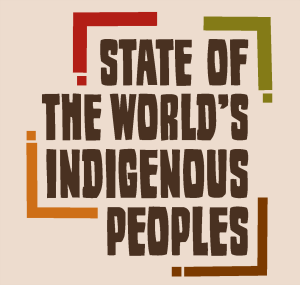State of the World’s Indigenous Peoples Report
The UN recently released the State of the World’s Indigenous Peoples Report. It reveals that Indigenous Peoples represent about six per cent of the global population. However, they protect approximately 80 per cent of the planet’s remaining biodiversity. Despite this, they receive less than 1% of international climate funding. This situation raises urgent questions about equity and inclusion in climate action.
Impact of Climate Change on Indigenous Economies
Indigenous economies primarily rely on agriculture, fishing, and forestry. Climate change introduces uncertainty into these livelihoods. Erratic weather patterns and environmental degradation diminish their economic self-sufficiency. As traditional practices become less viable, Indigenous communities face increased challenges in sustaining their way of life.
Disruption of Land and Natural Resources
Ancestral lands are under threat from climate change. This disruption affects traditional land-based practices. Indigenous Peoples’ environmental stewardship is undermined by external pressures. The loss of land not only threatens their sovereignty but also their cultural connection to the environment.
Health and Well-being Challenges
Indigenous Peoples experience heightened vulnerability to climate-related health issues. Limited access to healthcare exacerbates these challenges. Traditional food sources are also affected, leading to nutritional insecurity. The overall health and well-being of these communities are at risk due to climate impacts.
Threats to Linguistic and Cultural Heritage
Climate change poses threat to Indigenous languages and cultural identities. Many traditional practices and knowledge systems are intimately tied to the environment. As ecosystems change, the transmission of cultural heritage becomes endangered. This loss threatens the very identity of Indigenous communities.
Indigenous Peoples as Custodians of Biodiversity
Despite their small population size, Indigenous Peoples play important role in biodiversity conservation. They safeguard portion of the Earth’s remaining biodiversity. Their traditional knowledge offers valuable vital information about sustainable land management. Indigenous agricultural practices demonstrate how to care for the earth while preserving resources.
Traditional Knowledge
Indigenous knowledge systems offer innovative approaches to environmental management. For example, the Comcaac people of Mexico encode ecological knowledge in their language. This traditional wisdom can inform modern climate strategies. Cultural norms, such as prohibitions on cutting certain trees in Somalia, illustrate how Indigenous practices can contribute to sustainability.
Month: Current Affairs - April, 2025
Category: Environment Current Affairs








